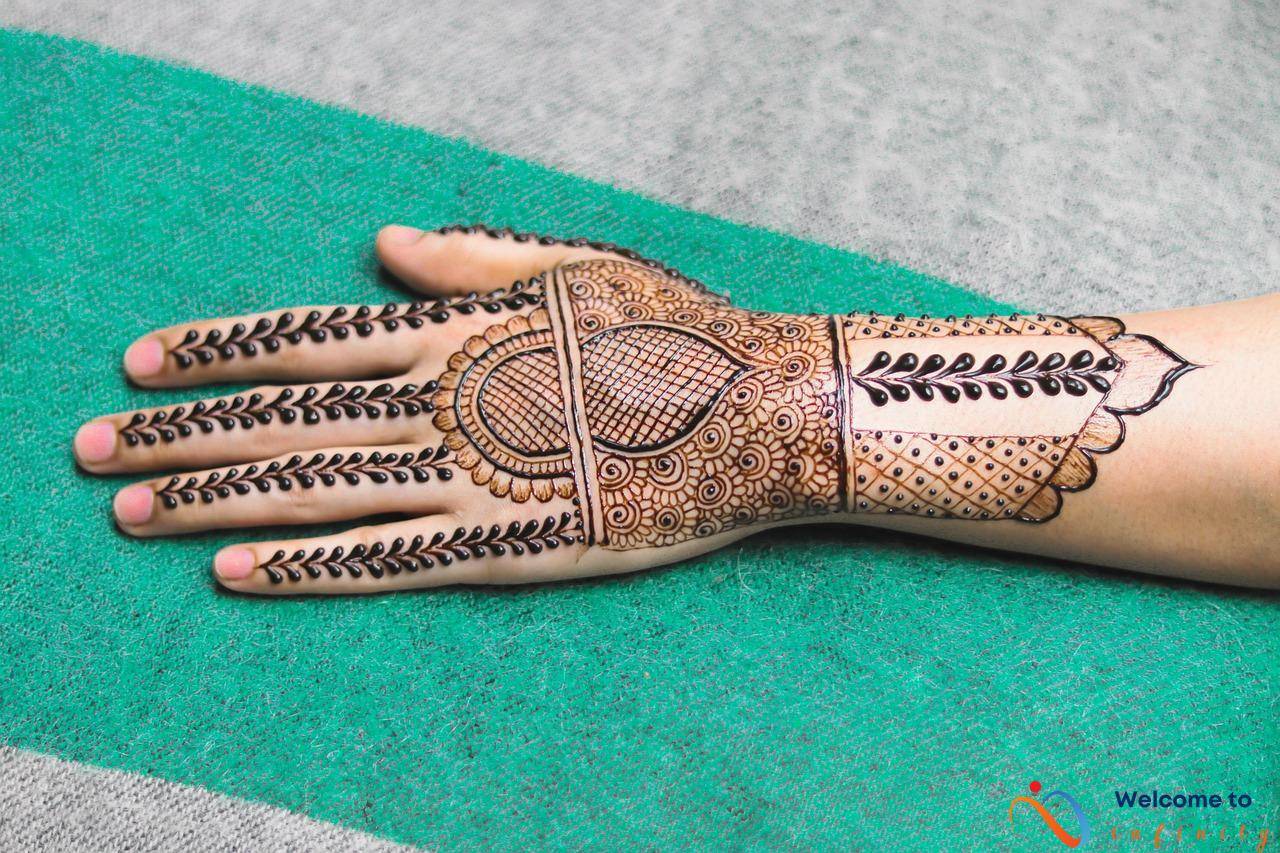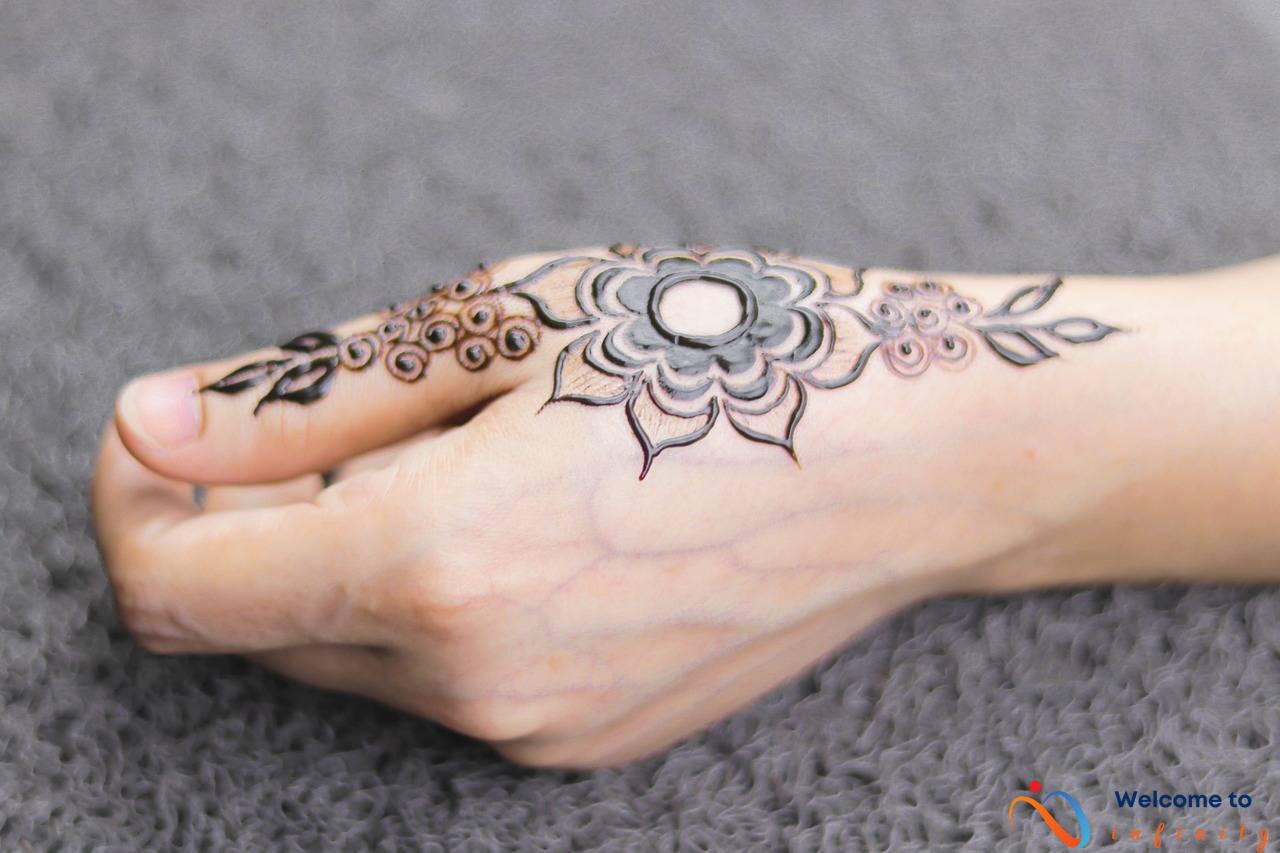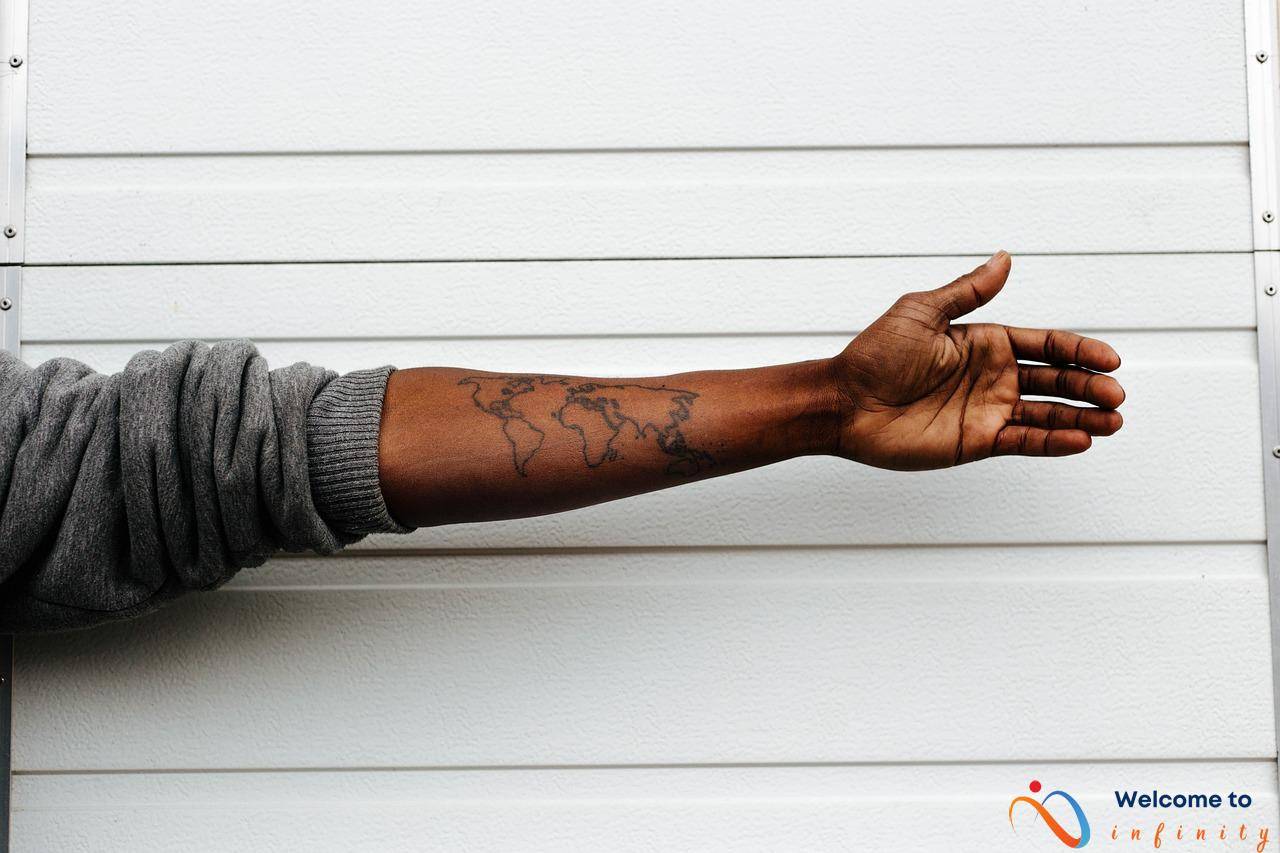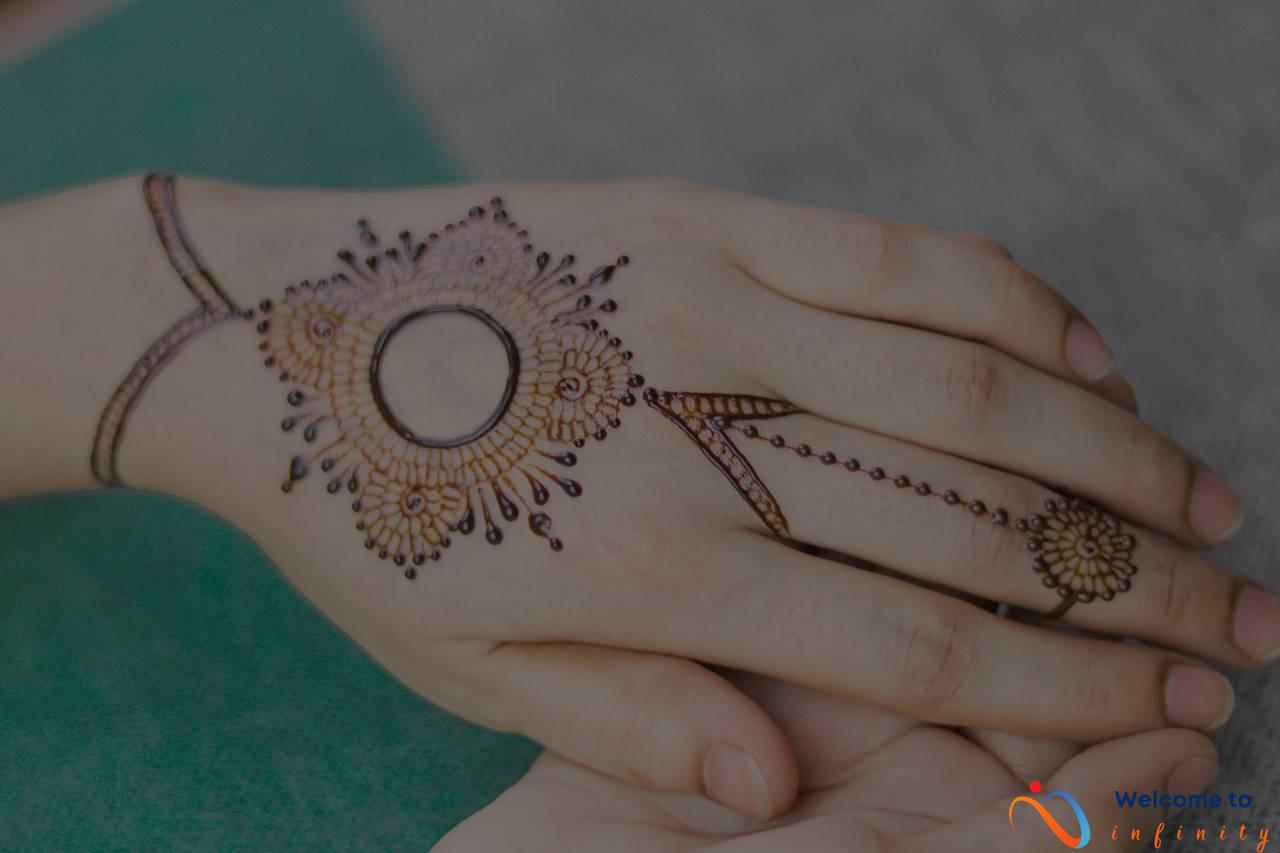Getting a tattoo is a major decision, and there are certain dos and don'ts that you should keep in mind to ensure that you get the best possible experience. The first and most important thing is to do your research. Take the time to find a reputable tattoo artist and check out their work before committing to getting a tattoo. This will help ensure that you get high-quality ink that you can be proud of for years to come.
Another thing to keep in mind is that getting a tattoo can be painful, so be prepared for some discomfort. However, there are things you can do to manage the pain, such as taking painkillers beforehand or using numbing cream. It's also important to follow the artist's instructions on how to sit and position yourself during the tattoo.
When getting a tattoo, it's important to respect the artist. Behave professionally, listen to their advice, and follow their instructions. Remember, they are the experts when it comes to tattoos, so trust their judgment and let them work their magic.
Aftercare is also crucial when it comes to getting a tattoo. Proper care is necessary for healing, so make sure you take care of your tattoo after it's done. The artist will give you aftercare instructions, and it's important to follow them carefully to ensure that your tattoo heals properly and looks its best.
It's also important to carefully consider the design and placement of your tattoo. Don't decide on a whim; take your time and think about what you want and where you want it. This is a permanent decision, so it's important to choose something that you will love for years to come.
Finally, when it comes to the cost of your tattoo, it's important to avoid haggling on price. Respect the value of the artist's work and avoid negotiating the price. Remember, you get what you pay for, so it's worth spending a little extra to get a high-quality tattoo that you can be proud of.
Additionally, it's important to avoid being under the influence of drugs or alcohol when getting a tattoo. This can negatively affect the tattoo process and outcome, so it's best to wait until you can make a sober and well-informed decision. By following these dos and don'ts, you can ensure that you get a great tattoo that you will love for years to come.
Do Your Research
Getting a tattoo is a significant decision and requires proper research before jumping in. A vital aspect of the research process is finding a reputable tattoo artist. Do not settle for the first tattoo artist you come across, and do not select an artist based solely on their prices or location.
It is crucial to check the artist's portfolio and see examples of their work. Look at their style, technique, and attention to detail. A great tattoo artist should have a solid reputation within the industry and among their clientele. Reading online reviews can provide a fair idea of the artist's professionalism, skill level, and aesthetic abilities.
You can also check the local health department's website for their licensing status and any complaints filed against them. If the artist works in a tattoo shop, verify that the shop has a current permit and maintains a clean and sterile environment.
By conducting comprehensive research, you are not only ensuring the quality of your tattoo but also investing in the artist's career and supporting their craft. Be patient in your search and take the time to find an artist who aligns with your values and aesthetic preferences.
Be Prepared for Pain
If you're getting a tattoo for the first time, it's important to prepare yourself mentally and physically for the discomfort you may experience during the process. While everyone's pain tolerance is different, keep in mind that getting a tattoo can be painful, especially in areas with thin skin, like the ribs, hands, and feet. However, there are steps you can take to manage the discomfort and ensure a more positive and successful experience.
To begin with, make sure you are well-rested and well-fed before your tattoo appointment. This will help keep your body strong and better able to handle the pain. You can also consider bringing along a friend or distraction, like music or a book, to help take your mind off the discomfort.
During the tattooing process, focus on your breathing and try to relax your muscles. Tensing up can actually make the pain worse, so take slow, deep breaths and try to visualize yourself in a peaceful, meditative state. If the pain becomes too intense, don't be afraid to let your tattoo artist know. They can take breaks or adjust their technique to make the process more comfortable for you.
After your tattoo is finished, it's normal for the area to feel sore and tender. To manage discomfort in the days following your appointment, keep the area clean and moisturized using gentle, fragrance-free products. You may also want to avoid strenuous exercise or other activities that could irritate the area until it has fully healed.
By following these tips, you can prepare yourself for the discomfort of getting a tattoo and ensure a smoother, more enjoyable experience overall. Remember, the initial pain is temporary, but the beautiful tattoo you'll have for years to come is worth it.
Respect the Artist
When getting a tattoo, remember that the artist is the one bringing your vision to life. It's important to show respect for their work and follow their instructions. Keep in mind that tattoo artists are working on a living canvas, and they want the best outcome just as much as you do.
Before the tattooing process begins, discuss any concerns or questions you have with your artist. They have experience and expertise, so trust their suggestions and recommendations. It's also important to understand that tattoo artists have their own style and limitations, so don't expect them to replicate something exactly as you've seen online.
While getting inked, remain still and don't interfere with the artist's technique. Refrain from touching or moving the tattoo gun, and avoid taking breaks without permission. Remember that you're not their only client, so respect their time and be punctual for your appointment.
Once the tattoo is complete, the artist will give aftercare instructions. Follow them closely to ensure proper healing and preservation of the tattoo's quality. Don't hesitate to reach out to them if you have any concerns or questions during the healing process.
Tattoo artists, like most professionals, expect to be compensated for their time and work. Avoid trying to haggle on price, as it can come off as disrespectful. Additionally, avoid being under the influence of drugs or alcohol during the tattoo process, as it can negatively affect the outcome and put the artist and yourself at risk.
In summary, displaying respect towards your tattoo artist is essential for a successful outcome. Listen to their recommendations, follow their instructions, and maintain proper communication throughout the process. By doing so, you'll not only receive a beautiful tattoo, but also establish a positive relationship with your artist.
Maintain Proper Aftercare
Maintaining proper aftercare for your new tattoo is crucial to its healing process. Once the tattoo is finished, the artist will provide you with specific instructions on how to care for your tattoo. It's important to follow these instructions carefully to ensure your tattoo heals properly and remains vibrant.
One of the most important aspects of aftercare is keeping your tattoo clean. You should gently wash your tattoo with warm, soapy water several times a day, using only your fingers or a soft cloth. Avoid using a washcloth or any abrasive materials, as these can damage your new tattoo. You should also avoid exposing your tattoo to direct sunlight and submerging it in water, like swimming or soaking in a bath, until it is fully healed.
Another key element of aftercare is moisturizing your tattoo. You should use a mild, fragrance-free lotion or ointment to keep your tattoo hydrated and prevent drying out. Apply the lotion gently and in small amounts, taking care not to rub too hard or too often, as this can irritate the tattoo and harm the healing process.
It's also essential to avoid any tight clothing or materials that can rub against your tattoo, as this can cause irritation and harm the healing process. Lastly, be patient and give your tattoo time to heal. Everyone's healing process is different, but generally, it can take up to 2-4 weeks for your tattoo to fully heal. During this time, it's important to continue following your aftercare instructions diligently to ensure optimal healing and promote the longevity of your new tattoo.
Overall, proper aftercare is vital for the longevity and beauty of your new tattoo. By following your artist's instructions and taking care of your tattoo, you can ensure a successful healing process and a stunning tattoo that will last for years to come.
Don't Decide on a Whim
Getting a tattoo is a big decision, one that is permanent and will stay with you for the rest of your life. So, it's important that you make an informed decision and avoid getting inked on a whim. Avoid impulsive tattoo decisions and take your time to carefully consider the design and placement.
When deciding on a design, think about what it means to you. Will it still be meaningful years down the line? Is it an image or symbol that you would want permanently etched onto your skin? It's also important to consider the placement of your tattoo. Think about how visible it will be and how it could affect your future job prospects.
Do your research and find a reputable tattoo artist with a portfolio that matches your style and preferences. Take some time to discuss your ideas and ask for their input. They may be able to provide ideas that you hadn't considered or suggest placement options that may better suit your design.
It's also advisable to wait until you are completely sober before deciding on a tattoo. Alcohol and drugs can impair judgement and negatively affect the tattoo process and outcome. Finally, remember that a tattoo is a permanent investment and should not be bargained for. Value the artist's work and pay the requested price.
In conclusion, take your time when deciding on a tattoo and avoid impulsive decisions. Choose a meaningful design and consider placement carefully. Find a reputable tattoo artist, discuss your ideas and value their work. And always wait until sober before making a final decision.
Avoid Haggling on Price
When it comes to getting a tattoo, it's essential to remember that tattoo artists are skilled professionals who take pride in their work. These artists invest time, effort, and creativity in bringing your design to life and ensuring that it's executed precisely as you envisioned it. Therefore, it's crucial to respect the value of the artist's work and avoid negotiating the price.
Although it can be tempting to haggle for a better deal, it's critical to keep in mind that this isn't a flea market or bazaar. Tattooing is a sophisticated and specialized art form, and the price reflects the artist's experience, skill level, and equipment used. Most reputable tattoo studios have set prices for their services, and these prices are usually non-negotiable.
Moreover, when attempting to haggle, you risk offending the tattoo artist and coming across as disrespectful. After all, you wouldn't walk into a fancy restaurant, negotiate a lower price, and expect to receive the same quality of food and service. Tattoo artists feel the same way about their art form and the value they bring to the table.
In addition to coming across as disrespectful, haggling can also negatively impact the outcome of your tattoo. If you manage to convince the artist to lower the price, they may rush through the process, compromise on the quality of ink or equipment, or cut corners to compensate for the lower price. This can result in a less-than-perfect tattoo that may require touching up in the future, which can end up costing you more in the long run.
In conclusion, tattooing is a valuable and skilled art form that deserves respect and recognition. If you want a quality tattoo that reflects your vision, it's crucial to invest in a reputable tattoo artist and respect the value of their work. By avoiding haggling on the price, you ensure that your tattoo artist can focus on executing your design to the best of their abilities without feeling undervalued or underpaid.
Avoid Being Under the Influence
When it comes to getting a tattoo, it's important to approach the experience with a clear and sound mind. This means that you should avoid being under the influence of drugs or alcohol. The reason for this is simple – substances can impair your judgement, making it harder to make rational decisions. They can also negatively impact the tattoo process and outcome.
When you're under the influence, you may be more likely to make impulsive decisions about your tattoo. You may choose a design or placement that you wouldn't normally consider, or you may try to rush through the process. Additionally, using substances can affect your body's response to the pain and discomfort of getting a tattoo. This can make it harder to manage the pain, and may lead to you getting a tattoo that is incomplete or of lower quality.
To ensure that your tattoo turns out the way you want it to, it's important that you engage in the experience with a clear and sober mind. It's also useful to plan ahead for the tattoo experience by scheduling it during a time when you know you won't be under the influence. This will help you to maintain a clear head while you're in the process of getting inked.
In conclusion, while getting a tattoo can be an exciting and overwhelming experience, it's important to keep a clear and sound mind. Always plan ahead and avoid being under the influence of drugs or alcohol. Remember that getting a tattoo is a major decision, and you want to ensure that you give it the care and attention it deserves. By following these tips, you can ensure that your tattoo experience is a positive one and that you end up with a tattoo that you're proud to show off.










